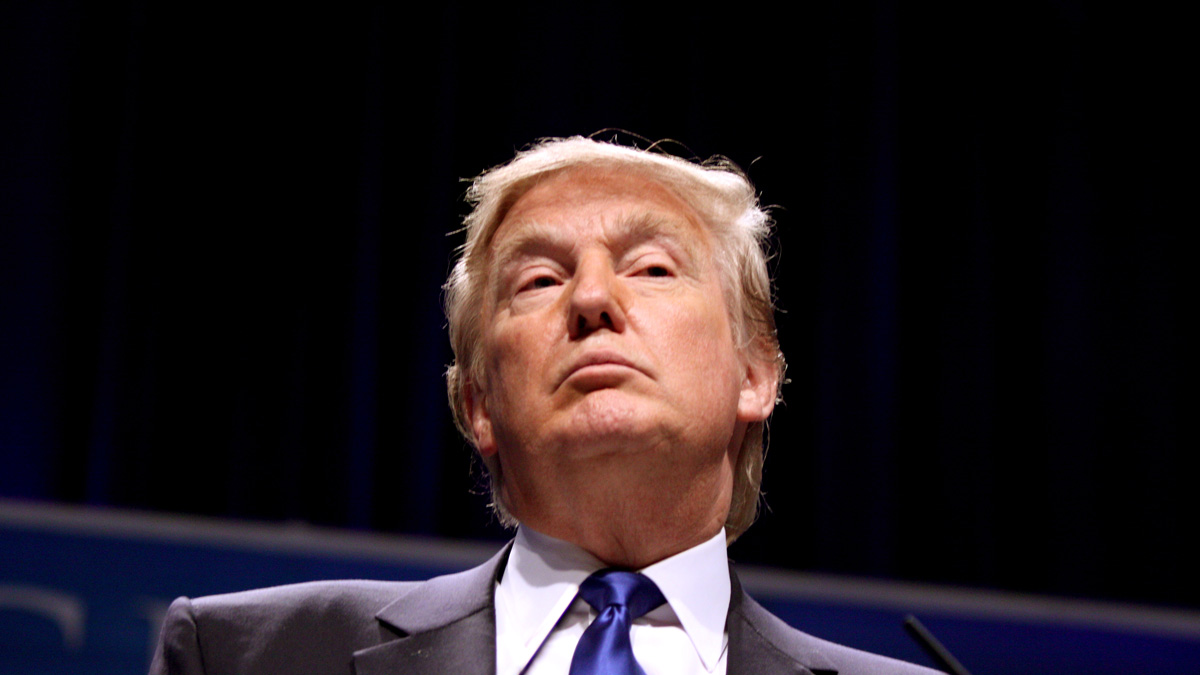BTS on the radio? Sadly not
 Big Hit Entertainment
Big Hit EntertainmentWith the broad influence of western culture, it’s hard to imagine that any foreign group — much less one that doesn’t speak English — would ever top the music charts. However, history was made on September 5th, when BTS became the first all-Korean group to hit the iconic Billboard number one.
This isn’t the group’s first release that swept global charts and caused a worldwide phenomenon — the group has had hits such as “Blood Sweat & Tears” and “Stay Gold”, which broke records in Japan for the number of first day sales by any foreign artist. Needless to say, BTS isn’t new to the record-breaking game, so why aren’t they a radio staple?
The number of foreign songs played on popular radio is low, and that is no accident. In the past two decades there have been hardly any international breakthroughs, with notable ones being Fonsi’s “Despacito” and Psy’s “Gangnam Style.” The frequency of foreign songs played on the radio is criminal, despite the fact many of these songs chart worldwide and artists have global tours, and yet still do not receive a minute of mainstream radio coverage.
Specifically, fans have broken records and charted BTS’s songs on platforms such as Soundcloud, Spotify, and most notably Youtube. The reason why the radio rarely plays BTS, or any other foreign groups that broke similar records, is rooted in xenophobia and the stubborn insistence to remain homogenous.
The majority of radio listeners are a generation or two older, and accustomed to the familiar echo chamber of English tunes they hear from day to day. A sudden change, especially one that introduces an all-Korean song, would be too much of a shock, and radio stations aren’t willing to lose their audience just to take this risk. What they fail to consider is the massive amount of support that BTS has overseas; fans of BTS have even sent gifts to radio stations that have played BTS.
Since their fanbase has an active social media presence, trending hashtags worldwide almost every day, it’s a dead giveaway that even if regular radio listeners change the station when BTS comes on, the onslaught of support by fans would, more often than not, surpass their losses.
The consensus reached by most fans is that, although some BTS songs are not made for radio – with some of them spanning four or five minutes — the fault lies equally with the unconscious xenophobia present in society as well as the continued bias of broadcasting companies. In their eyes, it’s not as profitable to play an Asian artist, despite the fact that fans have charted BTS albums and songs without the use of bundles, which are music sales that accompany unrelated things such as popsockets or branded clothing.
Hearing a “foreign” song on the radio is undoubtedly a turn off for many listeners, but the deeper reason behind that is the homogeneity of our own music and entertainment culture. After all, in J-14 magazine, BTS’s Suga’s message to readers was, “You’ll like BTS music if you listen without prejudice.”
As much as we want to believe we have moved past the exclusion of differences, it still holds true when we see that well-known radio stations refuse to spin songs from foreign artists. Within our own cities, radio stations rarely play music that is not entirely in English unless it has blown up in such a fashion that it’s all we hear for months straight — which doesn’t seem to be the same criteria that applies to English songs by well-known western artists. Criticism of BTS is an example of how radio and western media in general will unconsciously display xenophobia, if not directly through spoken word.
Whether you like them or not, BTS broke barriers in North America, as well as at home in Korea. During award season, fans can expect an avalanche of derogatory comments about BTS’s work as well as their looks and heritage. Fans have criticized multiple radio stations for their comments towards BTS, and while some argue this is friendly criticism of pop culture, it’s more reflective of an exclusionist mindset: one that is especially prevalent in prosperous North America.
The cultural ramifications of accepting music like BTS’s, which champions self-love and self-betterment, would be more beneficial than detrimental. Only when it’s time for daytime radios to play global superstars like BTS can we have confidence that our culture is opening up to the diversity we Canadians are so proud of.




